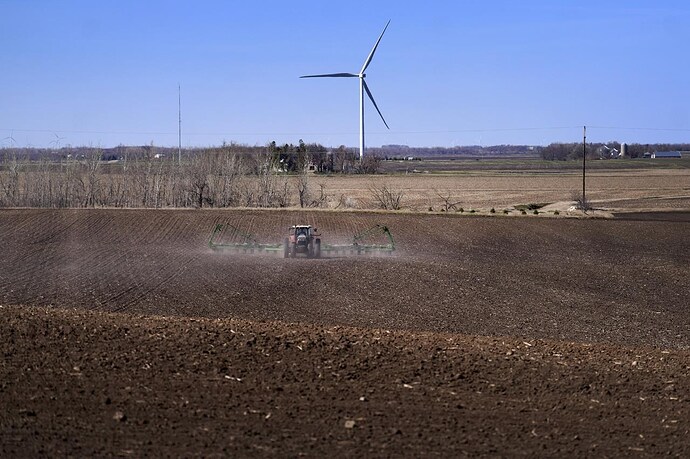Texas is a state located in the south-central region of the United States. It is the second largest state in the United States both in terms of land area and population, with an estimated population of nearly 30 million people in 2021. The state is also known for its cultural, historical, and economic importance in the United States.
History
Texas has a rich history that dates back to the ancient times when Native American tribes lived in the area. The Spanish explorer, Alonso Álvarez de Pineda, was the first European to explore the area in 1519. However, Texas came into the spotlight when the Spanish established a colonial presence in the area, known as New Spain.
The Spanish established missions and settlements in the area, which attracted Americans from the east coast. This led to conflicts between Spain and the United States, as the Americans wanted expansionism into the area. The Mexican War of Independence led to the establishment of Mexico as a nation, with Texas being a part of it.
In 1836, Texas declared independence from Mexico, and a war broke out between the two countries. The Texan army, led by General Sam Houston, defeated the Mexican army at the Battle of San Jacinto, leading to the formation of the Republic of Texas.
Texas was admitted to the United States in 1845, becoming the 28th state to join the union. It played a crucial role in the Civil War, providing soldiers to the Confederate Army. After the war, Texas became a stronghold of the Democratic Party and played a significant role in the civil rights movement.
Geography
Texas covers an area of 268,597 square miles (696,241 sq. km) and is the second-largest state in size after Alaska. The state borders Louisiana to the east, Arkansas to the northeast, Oklahoma to the north, New Mexico to the west, and the Mexican states of Chihuahua, Coahuila, Nuevo León, and Tamaulipas to the south. The Gulf of Mexico is located on the southeast coast of the state.
The state is divided into four major regions: the Gulf Coastal Plains, the North Central Plains, the Great Plains, and the Basin and Range Province. The Gulf Coastal Plains region is located along the Gulf of Mexico and consists of low-lying coastal plains. The North Central Plains region is characterized by rolling hills and plains, while the Great Plains region is known for its flat terrain and grasslands. The Basin and Range Province is a mountainous region located in the southwestern part of the state.
Climate
Texas has a varied climate due to its size and geography. The state experiences both hot and cold weather throughout the year. The coastal regions of the state have a humid subtropical climate, while the rest of the state has a semi-arid climate.
The average temperature in Texas is about 65°F (18°C). During the summer months, temperatures can reach 100°F (38°C) or more in some parts of the state. The winter months are relatively mild, with temperatures rarely dropping below freezing.
Economy
Texas has a diverse economy and is home to several major industries, including agriculture, energy, technology, and manufacturing. The state is the leading producer of several crops, including cotton, cattle, and oil. Texas also has a significant presence in the energy industry, with oil and natural gas being major contributors to the state’s economy.
The state is also home to several Fortune 500 companies, including ExxonMobil, AT&T, and Dell Technologies. Texas is also known for its strong entrepreneurial ecosystem, with many startups and small businesses thriving in the state.
Culture and Tourism
Texas has a rich cultural heritage and is known for its cowboy and ranch culture, as well as its Tex-Mex cuisine and music. The state is home to several popular tourist attractions, including the Alamo, the NASA Space Center, and the River Walk in San Antonio.
Texas is also known for its vibrant nightlife and entertainment scene. The state has several world-class music festivals, including South by Southwest (SXSW) and the Austin City Limits Music Festival.
Conclusion
Texas is a state that has something for everyone, from its rich history and diverse geography to its thriving economy and vibrant culture. The state’s people are proud of their unique cultural heritage and are always looking for ways to innovate and grow. As Texas continues to grow and develop, it is sure to remain a vital part of the United States.
Disclaimer
6do Encyclopedia represents the inaugural AI-driven knowledge repository, and we cordially invite all community users to collaborate and contribute to the enhancement of its accuracy and completeness.
Should you identify any inaccuracies or discrepancies, we respectfully request that you promptly bring these to our attention. Furthermore, you are encouraged to engage in dialogue with the 6do AI chatbot for clarifications.
Please be advised that when utilizing the resources provided by 6do Encyclopedia, users must exercise due care and diligence with respect to the information contained therein. We expressly disclaim any and all legal liabilities arising from the use of such content.



















